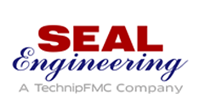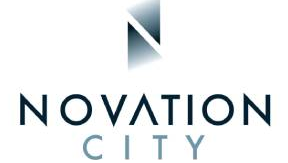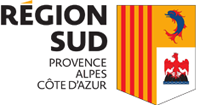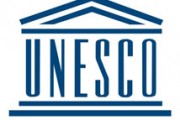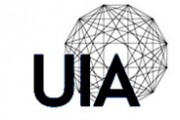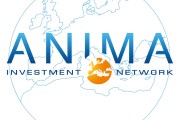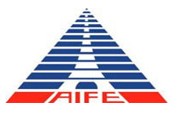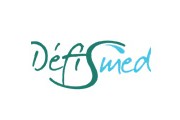Product–service systems (PSS) have emerged in the industrial sector as a novel business approach able to augment customer satisfaction and value, while reducing the manufacturers’ costs and improving environmental performances of the product’s life cycle. Such an approach relies on the design and development of solutions merging both the physical characteristics of a product and the immaterial services related to its whole life cycle, contributing to a Circular Economy (CE) and resource-efficient business.
Numerous studies in the field have shown that the development of PSSs has great potentials for companies to realize more environmentally preferred business models, producing innovative solutions and expanding customer segments. Based on this, “service engineering” has emerged as a means of improving the development of services related to the whole product’s life-cycle, implementing solutions that put together goods, services, and knowledge in order to add value to the core offerings. This is especially true in the case of application-oriented systems, such as high-tech and heavy investment equipment, when the redesign options of the physical parts of the PSS are limited and the provision of some services should be included in the offering due to governmental regulations. This is the case of medical equipment, which is recognized as one of the sectors where the combination of tangible and intangible goods is more likely to offer possibilities for innovation and value creation due to its special characteristics. Another example is represented by the sector of building equipment, such as elevators and escalators, where maintenance services and periodic checks guaranteeing the respect of safety and environmental legislation are mandatory. Additionally, the provider’s interventions to optimize the use phase of the product and its disposal can be very beneficial for both the company and the customers in all those market segments undergoing public procurement rules.
Although these types of market segments make the implementation of PSS solutions promising, practical studies to support companies and managers in overtaking product-based approaches in favor of more advanced servitization models are not numerous in the extant literature. Advanced studies in this context can also help governments to refine regulations in order to provide preferred actions for sustainable innovation. Such an issue is particularly relevant because governmental regulations play an important role in moving our society towards CE.





